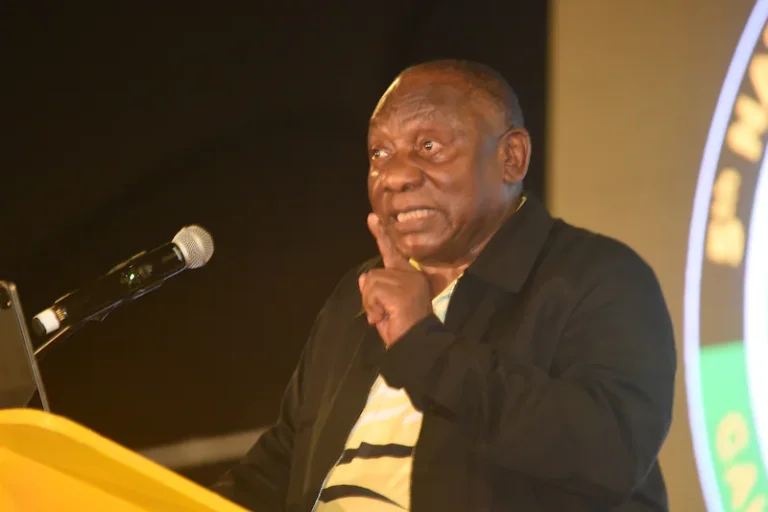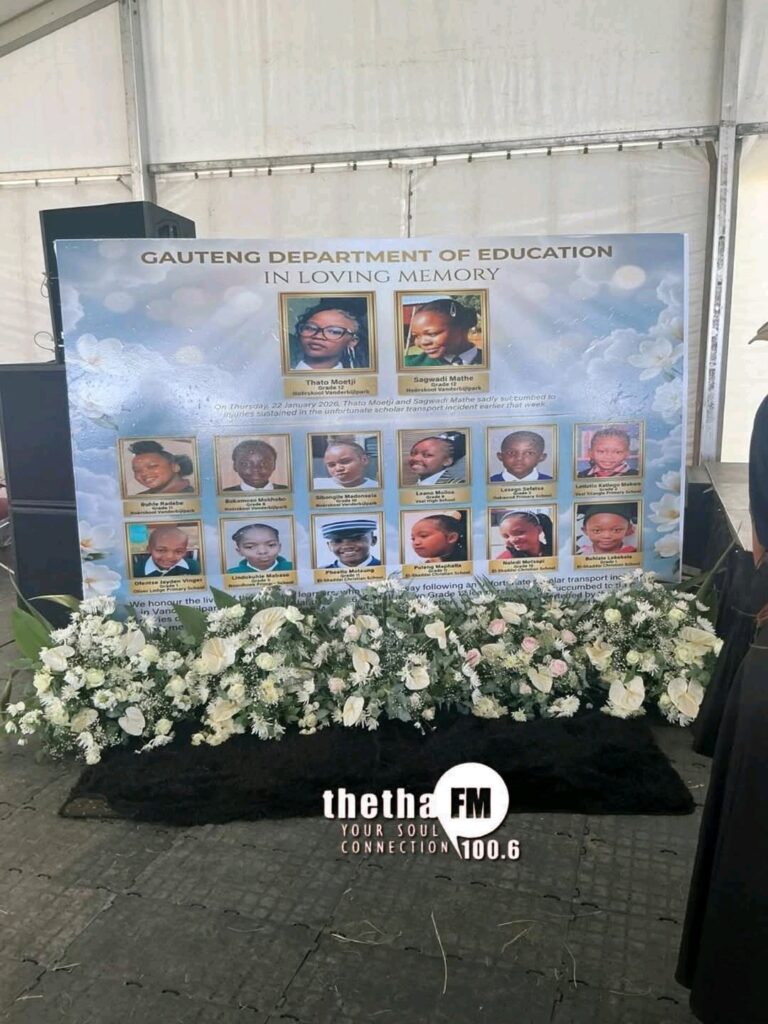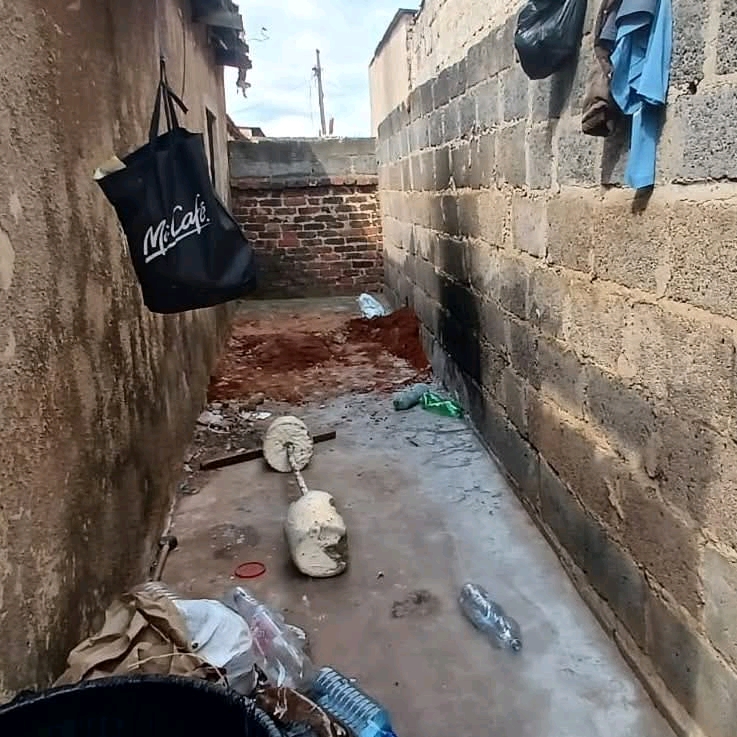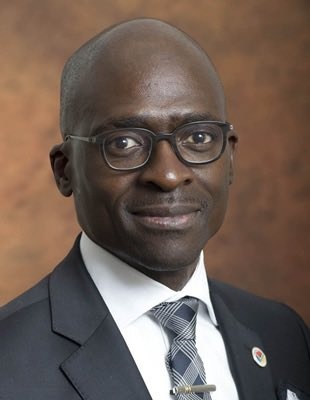
Former Public Enterprises Minister and current ANC Member of Parliament, **Malusi Gigaba**, has once again found himself at the centre of a major political and legal storm. Gigaba appeared in court today to face **serious corruption charges** linked to three controversial Transnet contracts allegedly signed during his tenure as minister.
His appearance marks a significant moment in South Africa’s ongoing efforts to hold high-profile political figures accountable for alleged state capture activities involving key state-owned enterprises. The charges stem from investigations that suggest Gigaba may have played a pivotal role in approving contracts that benefited private individuals and companies at the expense of the state.
**Background to the Case**
The allegations relate to **three major Transnet contracts** that were reportedly signed under Gigaba’s leadership. These contracts are believed to be part of a broader pattern of irregular decisions made during a period when Transnet—one of South Africa’s largest state-owned entities—was implicated in widespread corruption, particularly involving procurement deals and inflated prices.

Investigators allege that Gigaba knowingly authorised contracts that were either overpriced, improperly awarded, or linked to individuals associated with state capture networks. The precise details of the contracts have not yet been fully revealed in court, but they reportedly involve significant sums of money and long-term financial commitments by the state.
Gigaba has been mentioned repeatedly in testimony at the State Capture Commission, where witnesses accused him of enabling certain business interests to influence procurement decisions in state-owned entities, including Transnet and Eskom. Although he has consistently denied any wrongdoing, today’s court appearance signals that prosecutors believe they have sufficient evidence to pursue a criminal case.
**Court Appearance and Charges**
In court, Gigaba appeared composed as the charges were formally put to him. The state alleges that he engaged in corrupt activities, abused his position as a public official, and knowingly facilitated contracts that did not follow proper procurement processes.
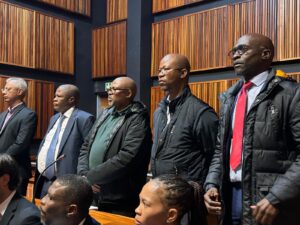
His legal team is expected to challenge the charges vigorously, arguing that he acted within the legal framework and was unaware of any corruption linked to the contracts. They may also argue that technical and administrative processes were handled by officials and not directly by the minister.
The court has not yet announced a trial date, as the defence is expected to request more time to review documents and prepare their case. Gigaba is currently out on bail, and additional conditions may be imposed depending on the progression of the case.
**Political Implications**
Gigaba remains an active figure within the ANC, and his prosecution is likely to fuel ongoing debates around corruption, accountability, and the future of leadership within the party. The ANC has not issued a detailed statement yet, but internal pressure is expected as members weigh the political fallout of a senior MP facing corruption charges.
Public reaction has been swift, with many South Africans expressing frustration over repeated scandals involving state-owned entities and senior officials. For others, this marks a positive step in ensuring accountability, especially for those who held powerful positions during the peak of state capture.
**What Happens Next?**
The case is still in its early stages, and more details will become available as court proceedings continue. For now, Malusi Gigaba faces a challenging legal battle that could have serious consequences for his political career and personal reputation.


